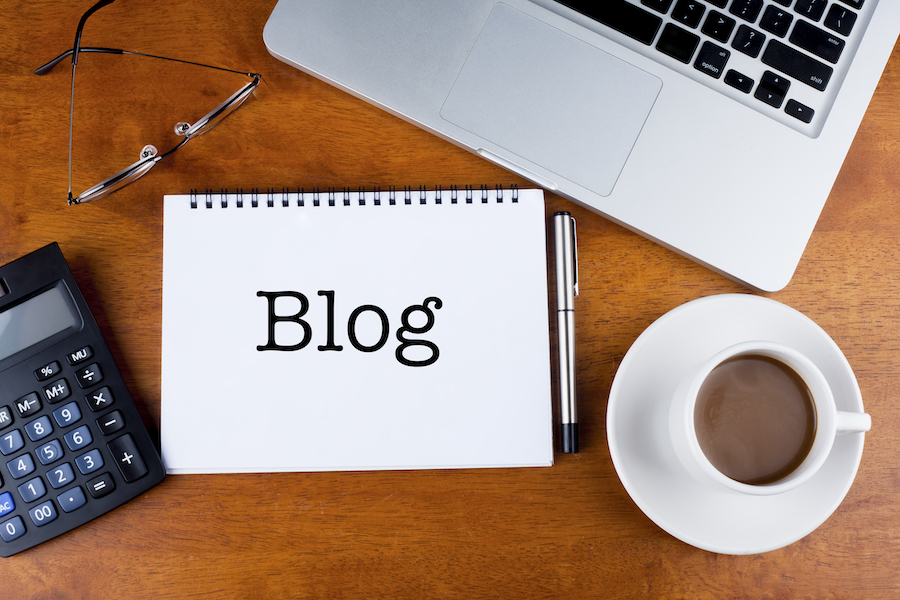Reflection is an important skill for every successful person. It is the process of taking time to thoughtfully review events, experiences, and decisions in order to gain insight and learn from them. Reflection can be a powerful tool when used to improve productivity.
I. Introduction
A. Definition of Reflection
Reflection is the practice of taking time to thoughtfully review events, experiences, and decisions in order to gain insight and learn from them. It is a way to examine our behaviors, decisions, and results in order to identify areas for improvement and gain insight. Reflection is an essential tool in personal and professional growth, as it helps us to identify our strengths and weaknesses and understand how we can best use our skills to achieve our goals.
B. Value of Reflection in Improving Productivity
Reflection can be a powerful tool when used to improve productivity. By reflecting on our mistakes and successes, we can learn from our mistakes, understand our strengths and weaknesses, and develop strategies to be more productive. Reflection can help us to stay focused and motivated and to develop more effective strategies for achieving our goals.
II. Steps of Reflection
A. Identify the Mistake
The first step in the process of reflection is to identify the mistake that was made. This step requires careful consideration of the situation and an honest assessment of what went wrong. It is important to be as specific as possible when identifying the mistake and to keep in mind the possible consequences of the mistake.
B. Analyze the Mistake
Once the mistake has been identified, it is important to analyze the mistake in order to understand why it occurred. This step involves considering the factors that may have contributed to the mistake and how they could have been avoided. It is important to be honest and open-minded when considering possible causes and to look for patterns or trends that may have contributed to the mistake.
C. Accept Responsibility
The next step in the process of reflection is to accept responsibility for the mistake. This involves recognizing that the mistake was made and acknowledging that the mistake has consequences. This is an important step, as it helps to ensure that the mistake is not repeated in the future.
D. Develop an Action Plan
Once the mistake has been identified and analyzed, it is important to develop an action plan to prevent the same mistake from occurring in the future. This step involves considering possible courses of action and deciding on a course of action that will be most effective in avoiding the same mistake in the future. It is important to be realistic and practical when developing an action plan.
III. Benefits of Reflection
A. Improved Productivity
One of the most important benefits of reflection is improved productivity. By taking the time to thoughtfully review mistakes and successes, we can develop strategies to be more productive. Reflection can help us to stay focused and motivated and to develop more effective strategies for achieving our goals.
B. Better Decision-Making
Reflection can also help us make better decisions. By taking the time to reflect on our decisions and their outcomes, we can gain insights into how we can make better decisions in the future. By understanding our strengths and weaknesses, we can develop strategies to make decisions that are more likely to lead to success.
C. Increased Self-Awareness
Reflection can also help to increase our self-awareness. By taking the time to review our behaviors and decisions thoughtfully, we can gain insights into our personalities and how we interact with others. This can help us to understand ourselves better, which can lead to improved relationships and better decision-making.
IV. Ways to Facilitate Reflection
A. Journal Writing
One of the most effective ways to facilitate reflection is through journal writing. Writing down our thoughts and feelings can help us identify and understand our mistakes and gain insights into our strengths and weaknesses. It can also provide us with a platform to develop an action plan for avoiding similar mistakes in the future.
B. Meditation
Meditation can also be a useful tool for reflection. Meditation can help us to quiet our minds and focus on the present moment. This can provide us with the opportunity to reflect on our thoughts and feelings without being distracted by external stimuli. Meditation can also help to increase self-awareness, which can be beneficial when trying to improve productivity.
C. Reflection Groups
Reflection groups can also be a helpful way to facilitate reflection. Reflection groups allow discussion and learning from each other’s mistakes and successes. This can be especially beneficial when trying to identify areas for improvement, as it can provide a different perspective than one’s own.
Conclusion
A. Summary of Main Points
Reflection is an important skill for every successful person. It is the process of taking time to thoughtfully review events, experiences, and decisions in order to gain insight and learn from them. Reflection can be a powerful tool to improve productivity, as it can help us identify our strengths and weaknesses, understand our mistakes, and develop strategies to be more productive. Journaling, meditation, and reflection groups can all be useful tools for facilitating reflection.
B. Call to Action
Reflection is an important skill that can help us to improve our productivity and achieve our goals. By taking the time to review our mistakes and successes thoughtfully, we can learn from our mistakes, understand our strengths and weaknesses, and develop more effective strategies for achieving our goals. It is important to take the time to reflect on our behaviors and decisions in order to make the most of our time and resources.


